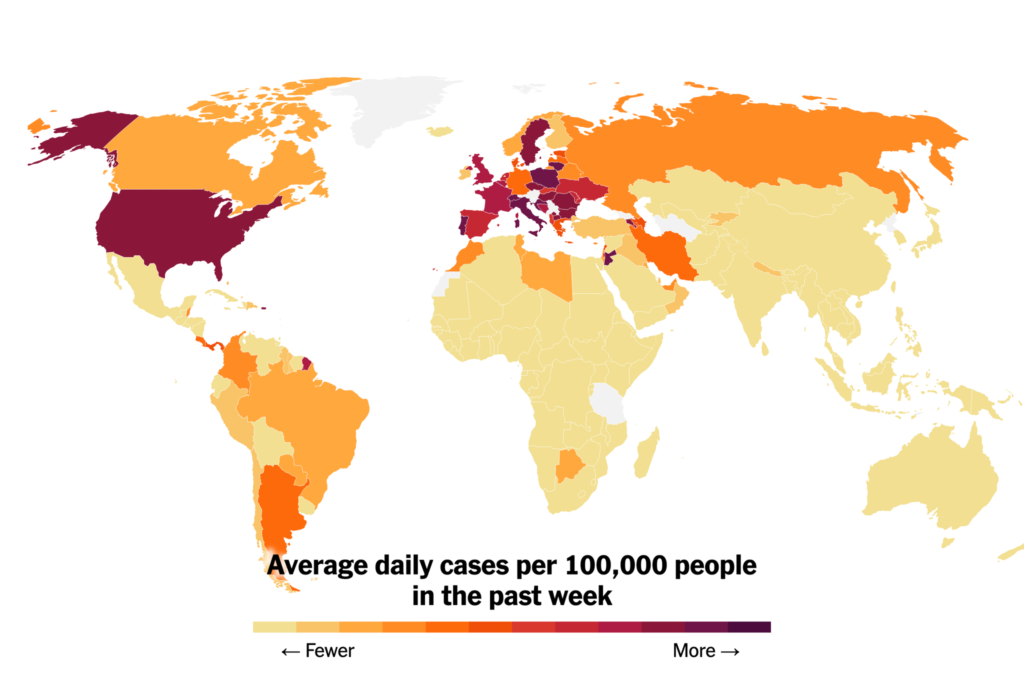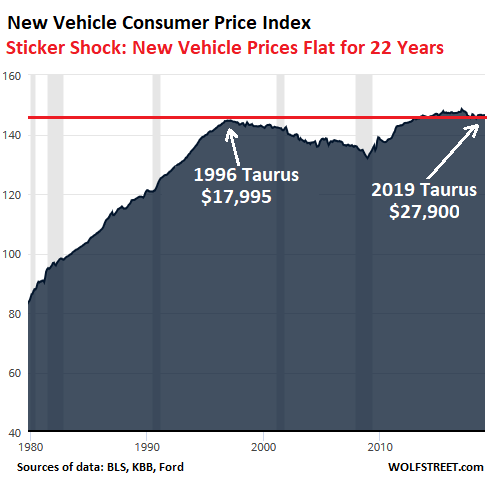There was a time when almost no one would have put forward anything like the below, today, guillotine references are routine.
Today’s parents have forgotten that children’s play should teach them how to be responsible adults. pic.twitter.com/bGprm9rv09
— Will works for the working class (@ClassFirster) December 3, 2020
Back in the 2000s, I spent a fair bit of effort advocating for policies to help the majority of Americans and Westerners by pointing out to the wealthy and powerful that, historically, sometimes oppression ends very very badly. This effort failed abysmally, as have other similar efforts, sometimes by the brighter and more forward looking of our inbred overlords.
Fast forward to today, and these sorts of images are everywhere. What was once verbotten, because the Terror is taught to everyone to be the worst thing possible and the French Revolution as the bad revolution (as opposed to the American revolution, which was supposedly good, unless you were a slave or a native).
The terror was, well, a TERROR. The revolution did not last, but the vast majority of those who ruled pre-revolutionary France did, indeed, die. When the allies won, despite their attempts, the Bourbon restoration was a failure. The people necessary to have made it a success, were, simply, dead.
As I have noted a few times here, the Terror was less terrible than the millenium of oppression that came before it. For those who need the point spelled out in angry detail, Mark Twain has you covered.
(It’s my annual fundraiser (and going slower than normal this year.) If you value my writing and can afford to, please consider subscribing or donating.)
At any rate, Western elites have continued this process. Huge swathes outside the core of Paris are, I am told, essentially third-world slums. Vast numbers of Americans have been driven into poverty and homelessness and huge tent cities spring up, and then are cleared by police in the most punitive way possible (destroying homeless peoples’ possessions), but then spring up again, because what the hell are they supposed to do?
The middle and even the lower upper class lives in terror of falling out of their comfortable spot into the lower class or homelessness. Covid has vastly enriched the already rich and about triple decimated small businesses, while throwing further millions into poverty.
Americans are now willing to vote for men on horseback types, Trump proved that, even if he was a fake, a blowhard and essentially incompetent at anything but campaigning (which he was very, very good at, and if he hadn’t fumbled Covid, I am confident he would have been re-elected).
People are tired. Younger generations like the Millenials and Zoomers have never seen good times, and even X-ers only got a whiff of them, with most never having been part of them. The dotcom boom was short, and passed a lot of people by entirely. Same with boomlets like the Massachussets miracle.
The standard way to deal with the hoi polloi is to split them into groups and make them compete with each other. Our elites have dutifully run this playbook, and sometimes even very well, but as there is less and less upward mobility, less and less chance of being one of the blessed few (mobility has collapsed), this becomes harder and harder to pull off. People stop thinking they’ll ever get ahead, stop seeing the guy or gal next to them as the problem and look up towards the top to see who’s really oppressing them.
Add in the joy of climate change added to normal imperial decay and generational economic cycles and you have a triple whammy slouching down that road, baring its thousand mouths dripping with blood.
There was a possibility for a gentle revolution. For a sweet, kind, caring redistribution of wealth; a gentle and careful breakup of power and wealth, leaving the wealthy still rich, but not obscenely so, still powerful but not an oligarchy.
If that was going to happen, Corbyn would be Prime Minister (instead of virtually thrown out of the party, as Labor leader Starmer continues his purge of the left), and Sanders would likewise be President. Everything necessary was done to make sure neither of those things would happen, that the gentle revolution would die aborning. There will be no rebirth of the great society of the post war period, with environmental protection and equality for women and minorities added.
This being so, there will either be a steady state police-surveillance state, abetted by modern company store serfdom, keeping people in eternal debt and despair, or there will be revolution. That revolution may come from the right, or from the left. If it comes from the right, the oligarchs will mostly be okay, a few stupid ones will be made examples of (as Putin did with Russia’s oligarchs), the others will bow, patronage will go to the half of the poor willing to kill the other half, and life will continue.
If it comes from the left, well, the rich are right, that’s the real danger. At best they will lose everything, at worse, well, those guillotine memes tell you their fate. Machiavelli understood this, and he was right. When you hurt a man you must destroy him entirely: He must have no power left at all, or he will take vengeance. The left cannot tolerate oligarchs or anyone who was willing to work for them who does not jump to the left’s side immediately as the revolution begins.
Hopefully, it won’t be a Terror, but it may be, and it may be because people are terrified already and they want their overlords to feel what they have felt, to know despair and fear and hopelessness. They want revenge, and indeed, something that is close to justice, because their overlords, as Covid has demonstrated, have been killing them and impoverishing them for money for a couple generations now.
The guillotine is a symbol of the fact that the powerful aren’t always the only ones who may inflict terror.
If our elites were in any way wise, they would back down, but they are not, and so the guillotine will rise ever higher in our collective consciousness until, perhaps, it reaps its bloody harvest once again.



